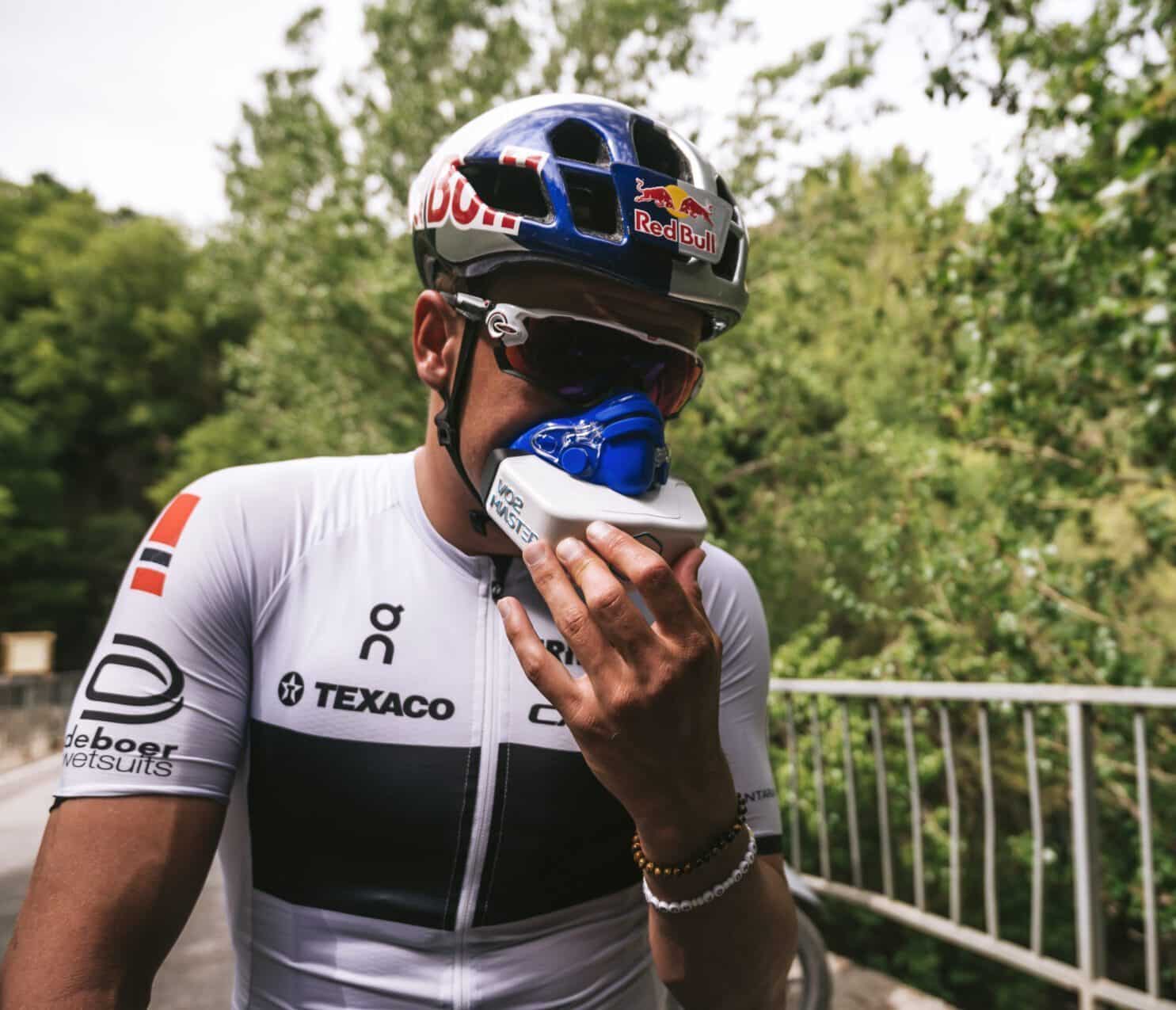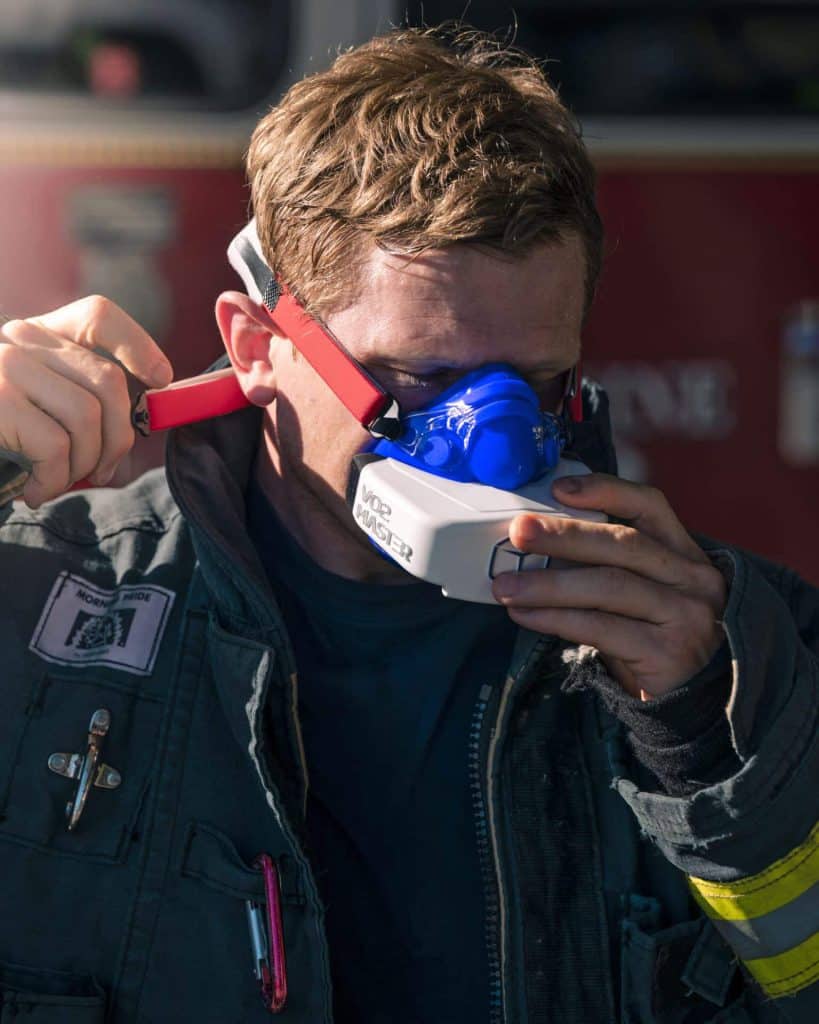CO2 and the Basics of Breathing
In this edition of the VO2 Master Education Series, performance coach Sean Seale and Dr. Andrew Sellars, Co-Founder of VO2 Master, delve into the fundamental aspects of CO2 production in the body and its impact on breathing. We’ve summarized the key takeaways from their conversation below. Or, if you’d like to listen to their discussionContinue reading "CO2 and the Basics of Breathing"

In this edition of the VO2 Master Education Series, performance coach Sean Seale and Dr. Andrew Sellars, Co-Founder of VO2 Master, delve into the fundamental aspects of CO2 production in the body and its impact on breathing.
We’ve summarized the key takeaways from their conversation below. Or, if you’d like to listen to their discussion in its entirety, you can watch the interview below.
How is CO2 produced in the body?
CO2 is produced by almost all body cells, but in the context of exercise, the muscles are the main contributors to the CO2 we measure.
What influences the amount of CO2 being produced?
CO2 is a byproduct of the breakdown of carbon-containing molecules. The two main fuels are glucose, a six-carbon molecule, and fatty acids, which have longer carbon chains. Theoretically, fats would produce more CO2 per molecule broken down. However, as work intensity increases, the body shifts towards breaking down more glucose, thus producing more CO2.
What is the impact of CO2 on our breathing?
CO2 is the primary controller of ventilation. Higher levels of CO2 force us to breathe more, a response to chemoreceptors in the carotid bodies and central receptors in the medulla. These receptors monitor physiological pH, closely linked to CO2 levels, to maintain a balance between 7.35 and 7.45.
What is the systemic impact of CO2 on our physiology?
CO2 significantly affects sports performance through peripheral vasodilation, increased cardiac output in terms of heart rate and contractility, and the unloading of oxygen. This facilitates faster blood movement and more efficient CO2 expulsion from the lungs.
How can we modulate CO2 levels during exercise?
The simplest way to modulate CO2 is to alter your breathing. Slower or shallower breaths increase CO2 levels. Higher CO2 levels can enhance sports performance by improving oxygen delivery and increasing cardiac output.
What are the effects of slow breathing on sports performance?
Slower breathing has multiple effects. Physiologically, it improves oxygen unloading and enhances efficiency. Psychologically, it has a calming effect. However, the specific impacts on fuel sources and overall performance at different intensities haven’t been studied extensively.
